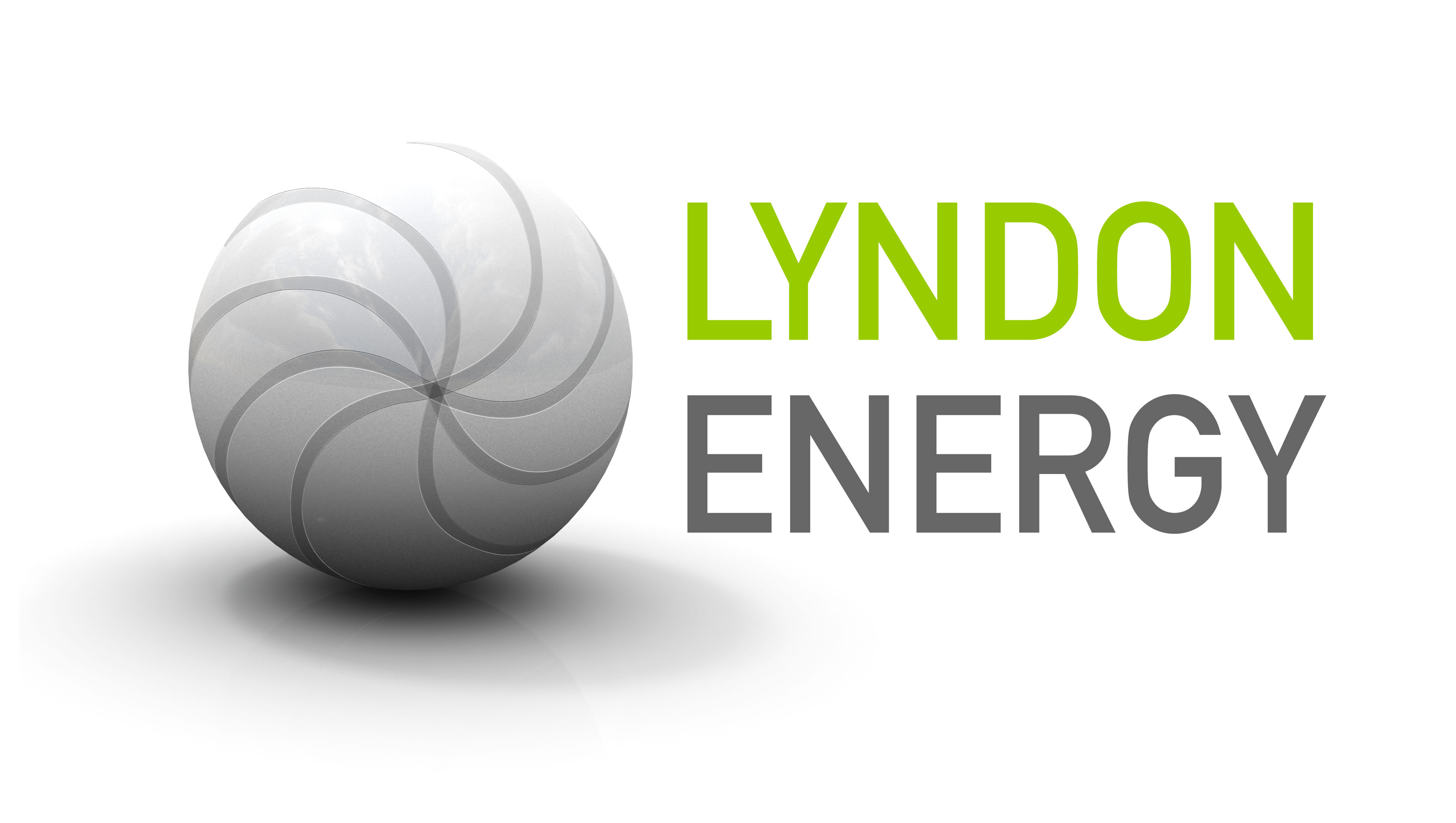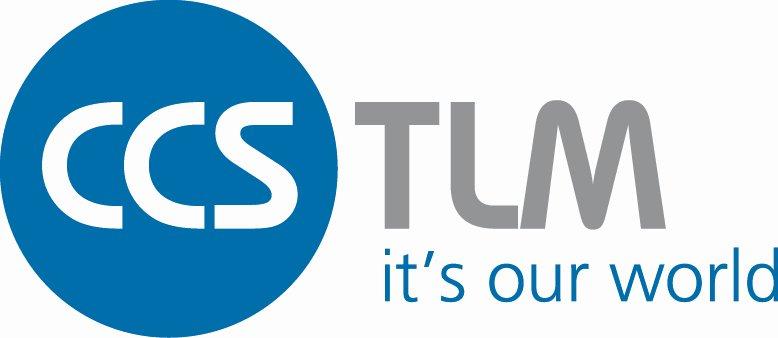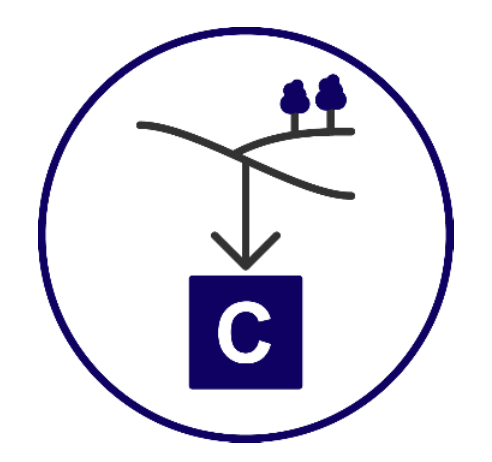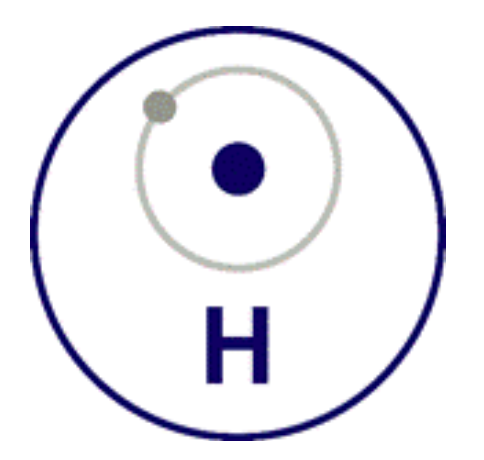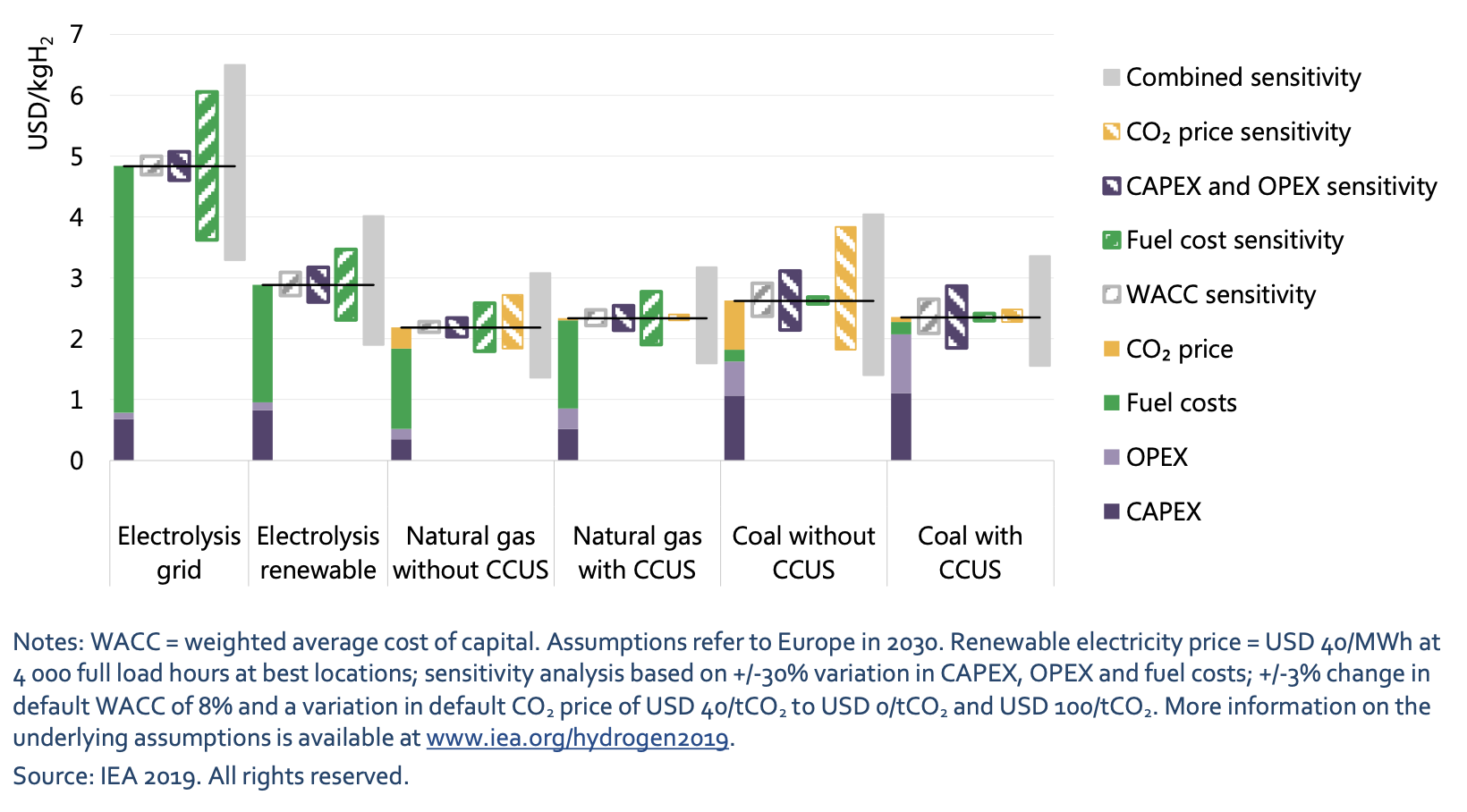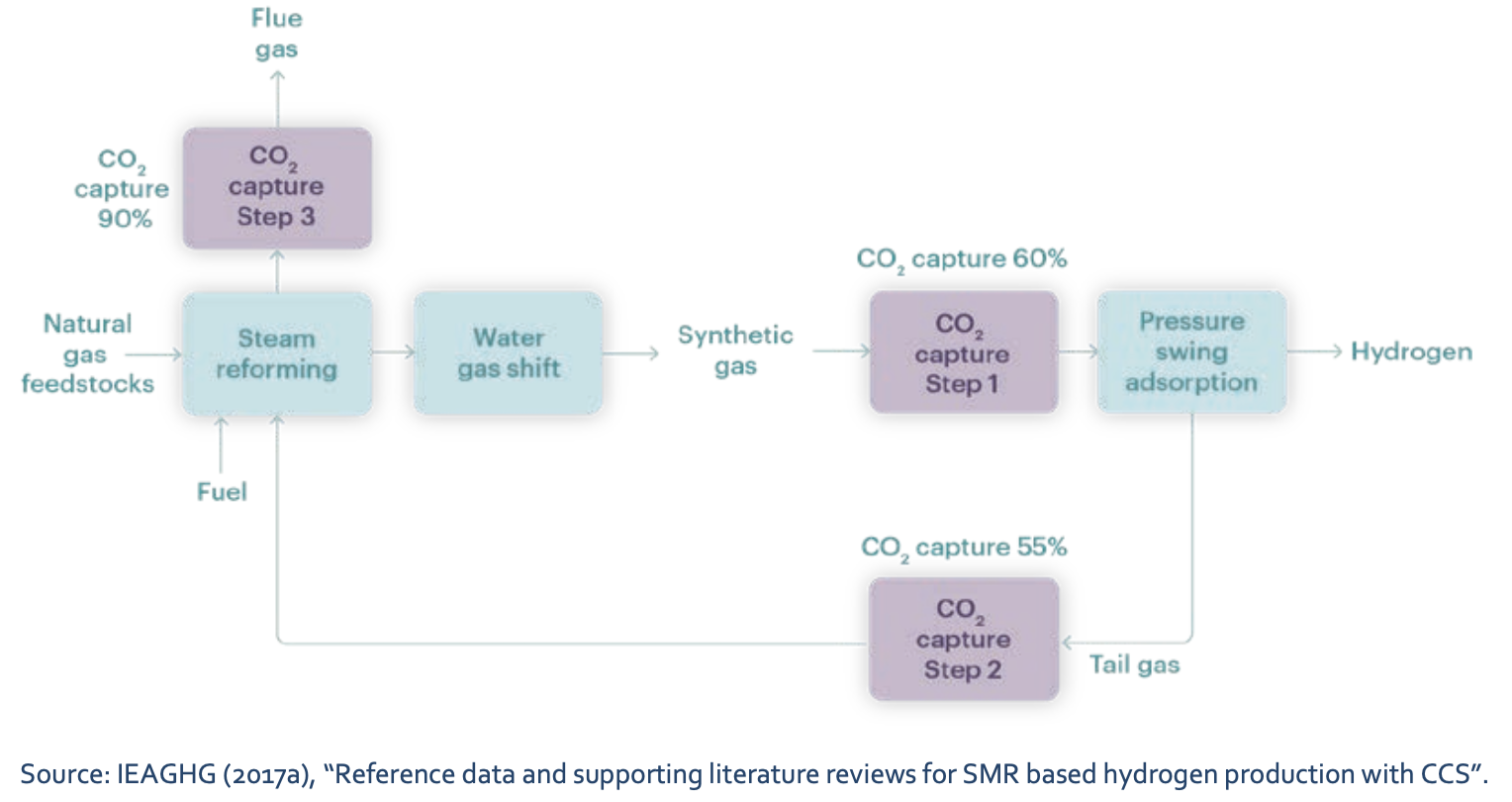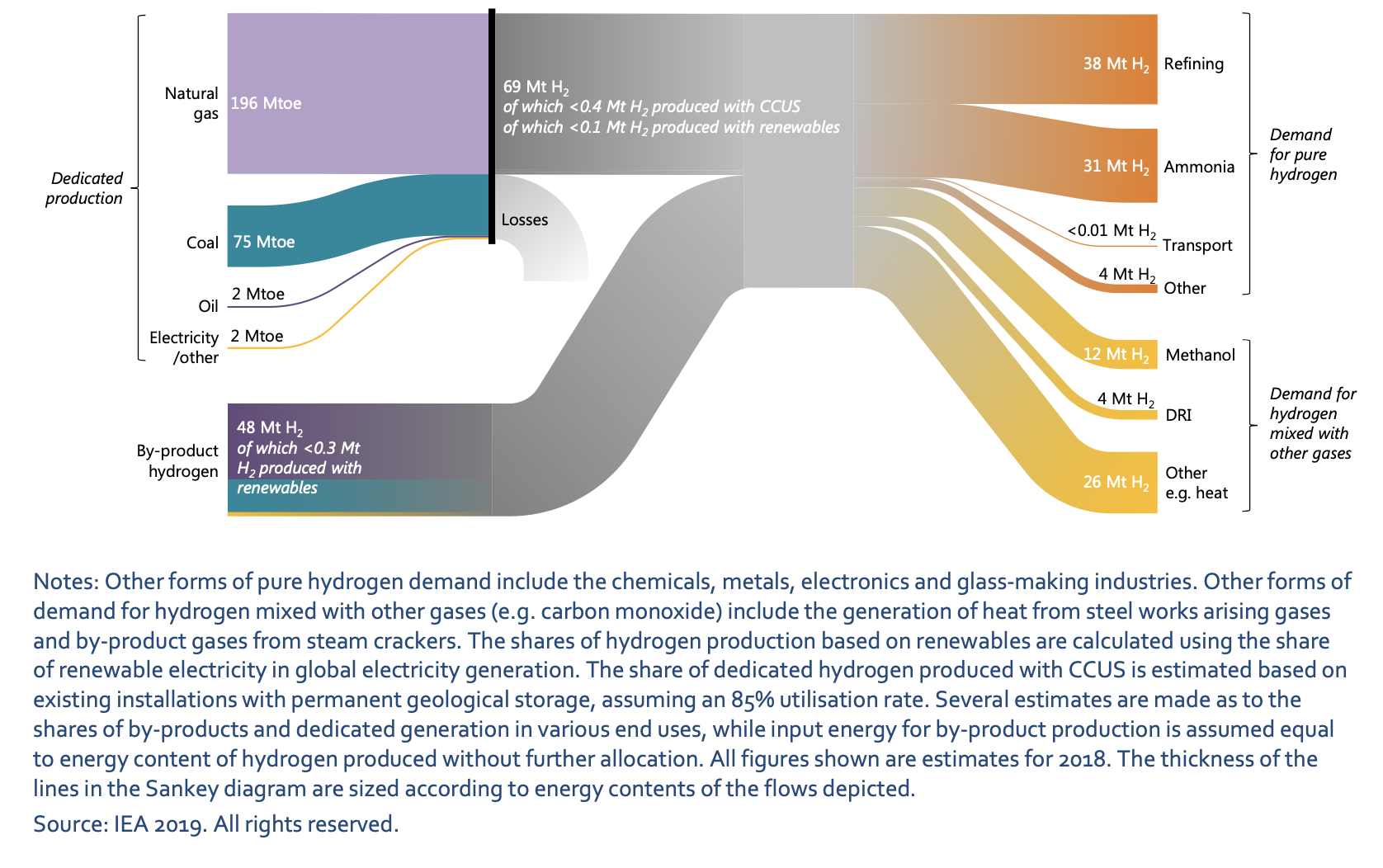CCS TLM was founded by its current owners in 2010 to provide expert consultancy services to clients developing CCS and CCUS projects in the UK and internationally. CCS TLM is 100% independent business "again", Lyndon Energy having re-acquired all shares previously held by Tractebel Engineering (Engie). The business has experience across the entire CCUS value chain including the technical and commercial dimensions from capture of the carbon dioxide through to long term storage of CO2 in geological formation (be it a partially depleted oil field, gas field or saline formation/aquifer).
The UK's 10 Point Plan for a Green Revolution
Highlights of the UK CCUS Plan
- Establish 2 industrial clusters by mid 2020's
- 4 industrial clusters and 10 mtpa to CO2 stored by 2030
- Support/creation of 50,000 jobs by 2030
- £1bn of public investment by 2025
- Savings of 40 mt CO2 between 2023 and 2032*
*approx 9% of 2018 UK emissions
Point 8 - Investing in Carbon Capture, Use and Storage
Carbon Capture, Usage & Storage (CCUS) will be an
exciting new industry to capture the carbon we continue
to emit and revitalise the birthplaces of the first Industrial
Revolution. Our ambition is to capture 10Mt of carbon dioxide a year by 2030,
the equivalent of four million cars’ worth of annual emissions. We will invest
up to £1 billion to support the establishment of CCUS in four industrial
clusters, creating ‘SuperPlaces’ in areas such as the North East, the Humber,
North West, Scotland and Wales. We will bring forward details in 2021 of a
revenue mechanism to bring through private sector investment into industrial
carbon capture and hydrogen projects via our new business models to
support these projects.
CCS TLM has been providing expert CCS consultancy services since 2010 and before that the founders were part of BP Alternative Energy and led on BP's and Hydrogen Energy's hydrogen power projects with CCS in the UK, USA, Australia and Abu Dhabi (in joint venture with Masdar).
Point 2 - Driving the Growth of Low Carbon Hydrogen
Indelibly linked to CCS and CCUS is the prospect of Low Carbon (Blue) Hydrogen that can be used to decarbonise the industrial sectors, e.g. cement and steel as well other sectors through the National Transmission System (NTS) in the UK.
Hydrogen is the lightest, simplest and most abundant
chemical element in the universe. It could provide a
clean source of fuel and heat for our homes, transport
and industry. The UK already has world-leading electrolyser companies, and
unparalleled carbon capture and storage sites that we can maximise. Working
with industry the UK is aiming for 5GW of low carbon hydrogen production
capacity by 2030. Hubs where renewable energy, CCUS and hydrogen
congregate will put our industrial ‘SuperPlaces’ at the forefront of
technological development. We are also pioneering hydrogen heating trials,
starting with a Hydrogen Neighbourhood and scaling up to a potential
Hydrogen Town before the end of this decade.
Enlightened decarbonisation embraces blue (CCS enabled) & green hydrogen (from renewables)
Historical clients and references include:
White Rose CCS Project (Drax, UK)
- GDF Suez E&P (North Sea),
- International Power,
- Ofgem,
- 2Co Energy (UK),
- GCCSI (Middle East Study),
- ACALET (Australia),
- ROAD Project (Netherlands),
- Porto Tolle (Italy)
- Thameswey (Woking, UK),
- Zerogen (Australia),
- HPAD (Masdar/Hydrogen Energy, Abu Dhabi),
- HECA (Hydrogen Energy, USA),
- DF3 (BP) Western Australia
- DF1 (BP) Peterhead
Productions process of hydrogen from gas with CCUS
CCUS is crucial to decarbonising the large Steam Methane Reformer (SMR) fleet in operation today. CCUS can be applied both to SMR and Auto Thermal Reforming (ATR) hydrogen production. Using CCUS with SMR plants can lead to a reduction in carbon emissions of up to 90%, if applied to both process and energy emission streams. Several SMR-CCUS plants are already operational today, producing around 0.5 MtH2/yr between them. There are several ways in which CO2 capture can take place at an SMR plant.
Source: IEA Data
Today's Hydrogen value chain.
Today’s hydrogen industry is large, with many sources and uses. Most hydrogen is produced from gas in dedicated facilities, and the current share from renewables is small. However, with the reducing cost and scaling of electrolysers, this paradigm is changing very quickly. CCUS and the production of blue hydrogen from fossil fuels will be an important plank in reaching carbon net zero complimenting that from renewables.
Source: IEA DataHM Government
"The Ten Point Plan for a Green Industrial Revolution"
"Building back better, supporting green jobs, and accelerating our path to net zero"
